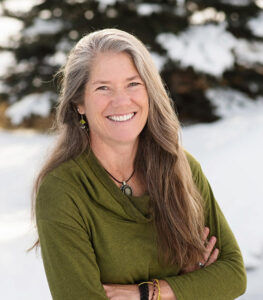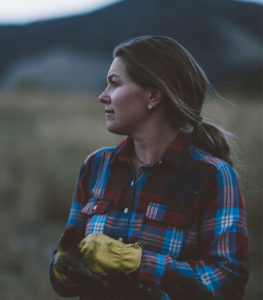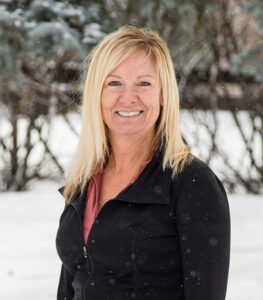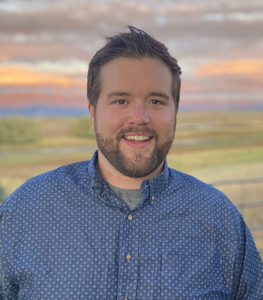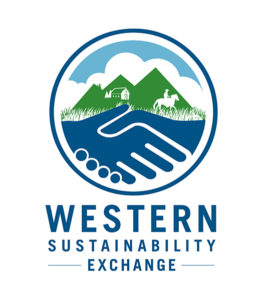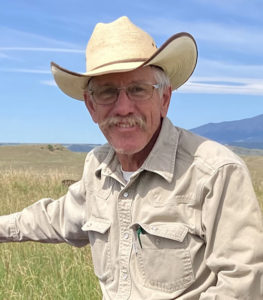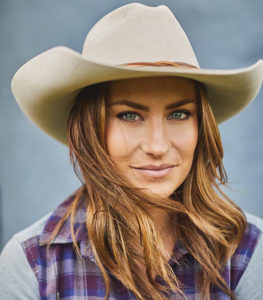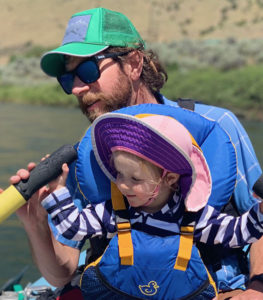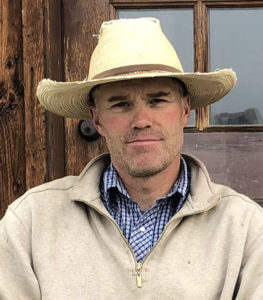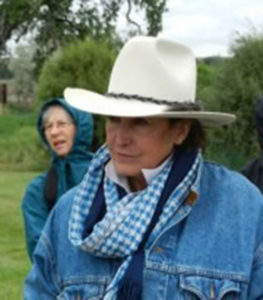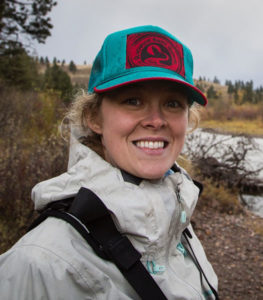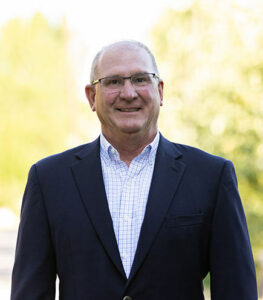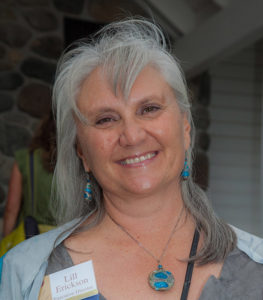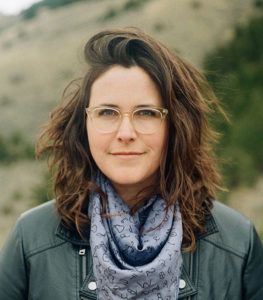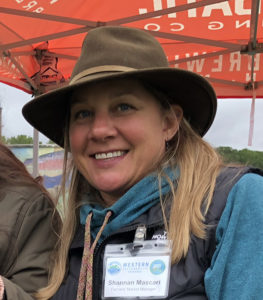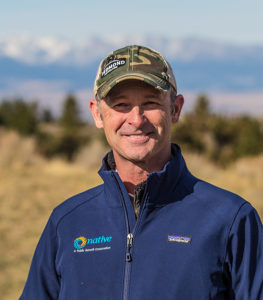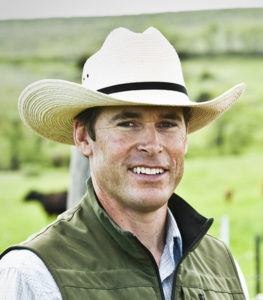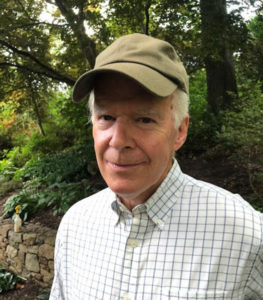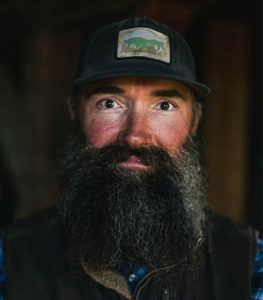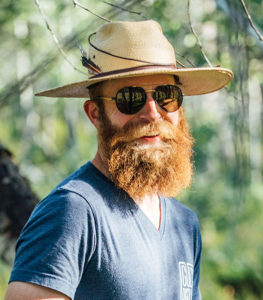Did you know that 81% of consumers feel regeneration offers more hope and inspiration, and 80% of the younger generations are willing to pay more for it? According to keynote speaker Zack Angelini, formerly of Timberland Boot Company, companies are listening to what the consumers are telling them. And if they’re not, governing agencies are starting to force their hand. In fact, there are significant risks to companies that do not adopt more sustainable practices because of new regulations set forth by the SEC and other agencies.
And all this leads to more and more companies needing
to source regenerative products.
These products not only include meat, but hides, bones, and organs, much of which are currently being thrown away by smaller processors because of the lack of distribution channels.
This issue, along with many other conversations, were the discussions held at last week’s Expanding Livestock Markets Conference in Lewistown. The conference, which was the first of its kind to be held in the state, brought ranchers, Montana companies, national supply chain distribution companies, processors, and individuals, together to collaborate and start the “out-of-the-box” conversations needed to explore the possibilities.
Possibilities that have the potential to create much
greater market opportunities.
Over ninety innovators, spanning coast to coast, from New York to California, gathered to focus on:
- Alternative options for on-the-hoof markets besides the conventional auction sales
- Certifications producer operations can obtain to sell in these alternative markets
- Montana companies looking to source regional regenerative products
- National supply chains ready to distribute animal by-products
- And the growing carbon market opportunity
Agriculture could very well be the greatest opportunity for change.
So how are we going to capitalize on this? As a collective, we must focus on collaborative utilization, from processing to the end products and everything in between.
But as individuals, we need to realize that producer’s stories hold the key to unlocking these opportunities and making them a reality. Through storytelling, they can give consumers a more intimate relationship with the products they consume.
And according to industry statistics, consumers want to feel a positive connection, whether through nutrient-dense food, regeneratively-raised leather boots, or healthy, sustainable treats for their four-legged friends. This perception influences their buying habits and focuses their dollars toward companies making positive environmental impacts.
So, where do we go from here?
It is our hope that the connections made at this conference between companies wanting to source products and producers will forge long-lasting and lucrative relationships.
It is our hope that critical conversations around new market opportunities for the entire supply chain will continue throughout the year.
It is our hope that we continue to share our stories and cultivate these new relationships between like-minded individuals.
And it is our hope that at next year’s conference we can all come back with successes to share!
“The Emerging Livestock Markets Conference offered an intimate environment to
connect with ranchers and other leaders in the regenerative space.
What a fun way to connect, listen and forge relationships that foster creative
collaborations for years to come!” Lauren Tonti, EarthClaims Program Director.




